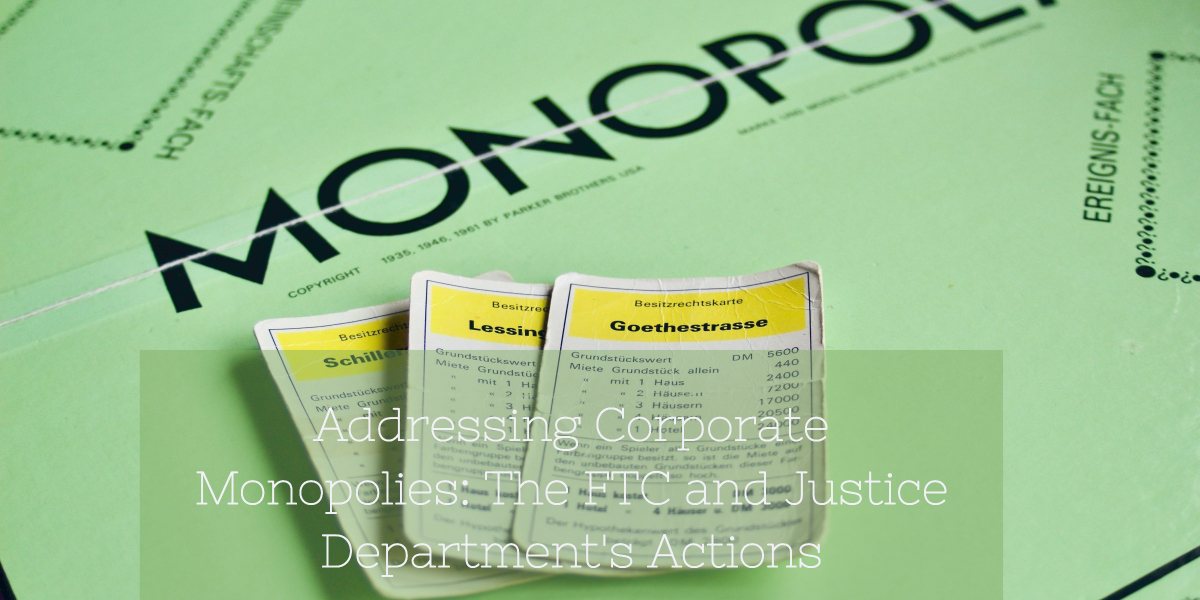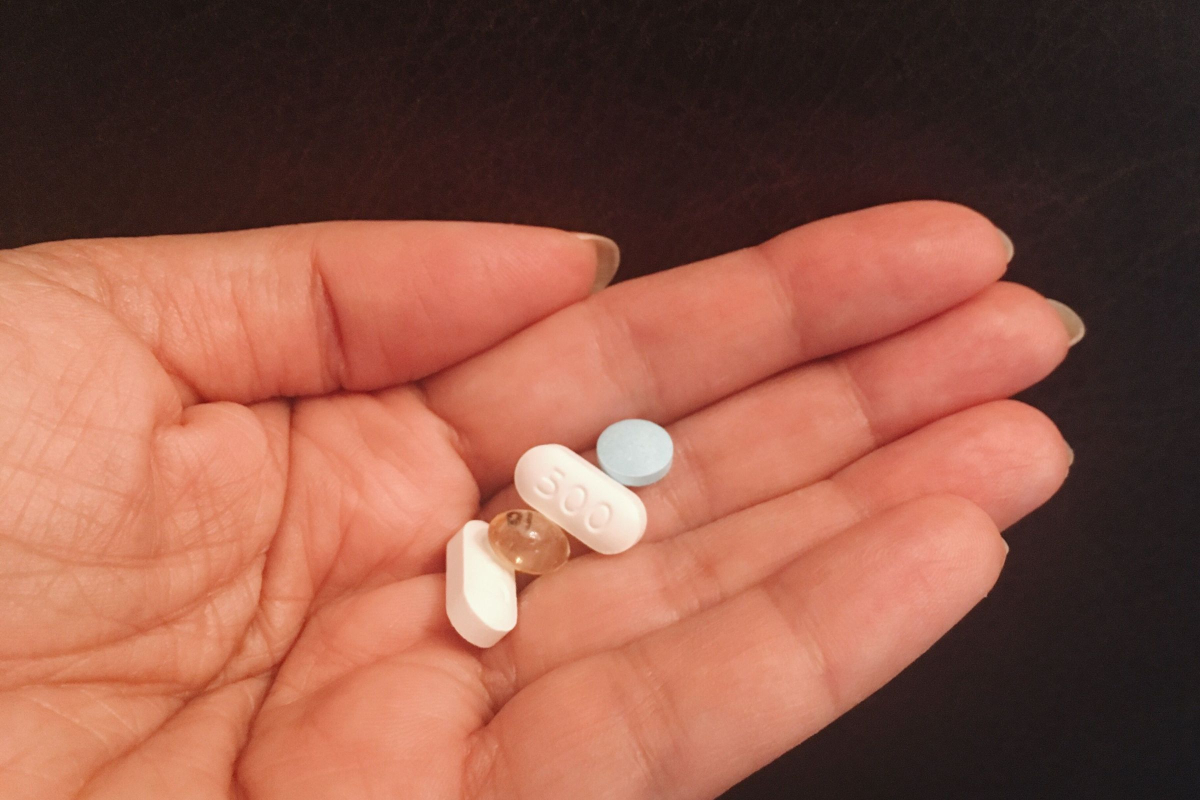In July 2023, the approval of the largest lithium mine on federal land in Nevada sparked significant protests from Native American tribes in the region. The project’s scale and potential environmental impact have raised concerns among the indigenous communities, who view the area as sacred land with deep historical and cultural significance. Let us delve into the reasons why Native tribes are protesting against this lithium mine project.
Sacred Land and Cultural Heritage: The land designated for the lithium mine holds immense cultural value for several Native American tribes in the area. It may contain ancient artifacts, sacred sites, and burial grounds that are central to their identity and spiritual practices. The mining activities could irreversibly damage or destroy these important cultural heritage sites, leading to a loss of identity and connection to their ancestors for these tribes.
Environmental Concerns: Extracting lithium from the mine involves significant disturbance to the local ecosystem, including the use of water resources, habitat destruction, and emissions from mining operations. Native tribes, who have lived in harmony with nature for generations, worry that such large-scale mining will harm the delicate balance of the environment, affecting wildlife, vegetation, and water sources that are crucial to their traditional way of life.
Impact on Sacred Water Sources: Water is a precious resource in arid regions like Nevada. The lithium mining process requires substantial water consumption, which could deplete local water sources, affecting both the tribes and the broader community. Native American cultures often revere specific water bodies as sacred, making the potential impact on these sites even more concerning.
Lack of Consent and Consultation: Many Native tribes have expressed their frustration over the lack of meaningful consultation and consent regarding the lithium mine project. Tribal leaders argue that their voices were not adequately heard during the decision-making process, leading to a sense of disenfranchisement and disregard for their rights.
Economic Inequality: While proponents of the lithium mine argue that it will bring economic development and job opportunities to the region, the tribes are concerned about the potential adverse effects on their economic well-being. Historically, indigenous communities have experienced economic inequality and marginalization, and there are fears that the benefits from the mine will not be equitably shared with them.
Climate Change Implications: The demand for lithium, driven primarily by the growing electric vehicle industry, is essential for transitioning to a low-carbon economy. However, some Native tribes argue that this should not come at the expense of their land and cultural heritage. They believe that the focus should be on sustainable and responsible mining practices to mitigate climate change impacts without compromising the environment.
Legal and Treaty Rights: The protests against the lithium mine are also rooted in concerns about the potential violation of Native tribes’ legal and treaty rights. The U.S. government has a legal obligation to consult and accommodate indigenous communities when projects on federal land impact their rights and resources.
In conclusion, the Native tribes’ protest against the largest lithium mine approved on federal land in Nevada revolves around preserving their cultural heritage, protecting the environment, and safeguarding their rights. The challenge lies in finding a balance between the growing demand for lithium and the protection of sacred lands and the environment, while ensuring the meaningful participation and respect for the rights of the indigenous communities.











